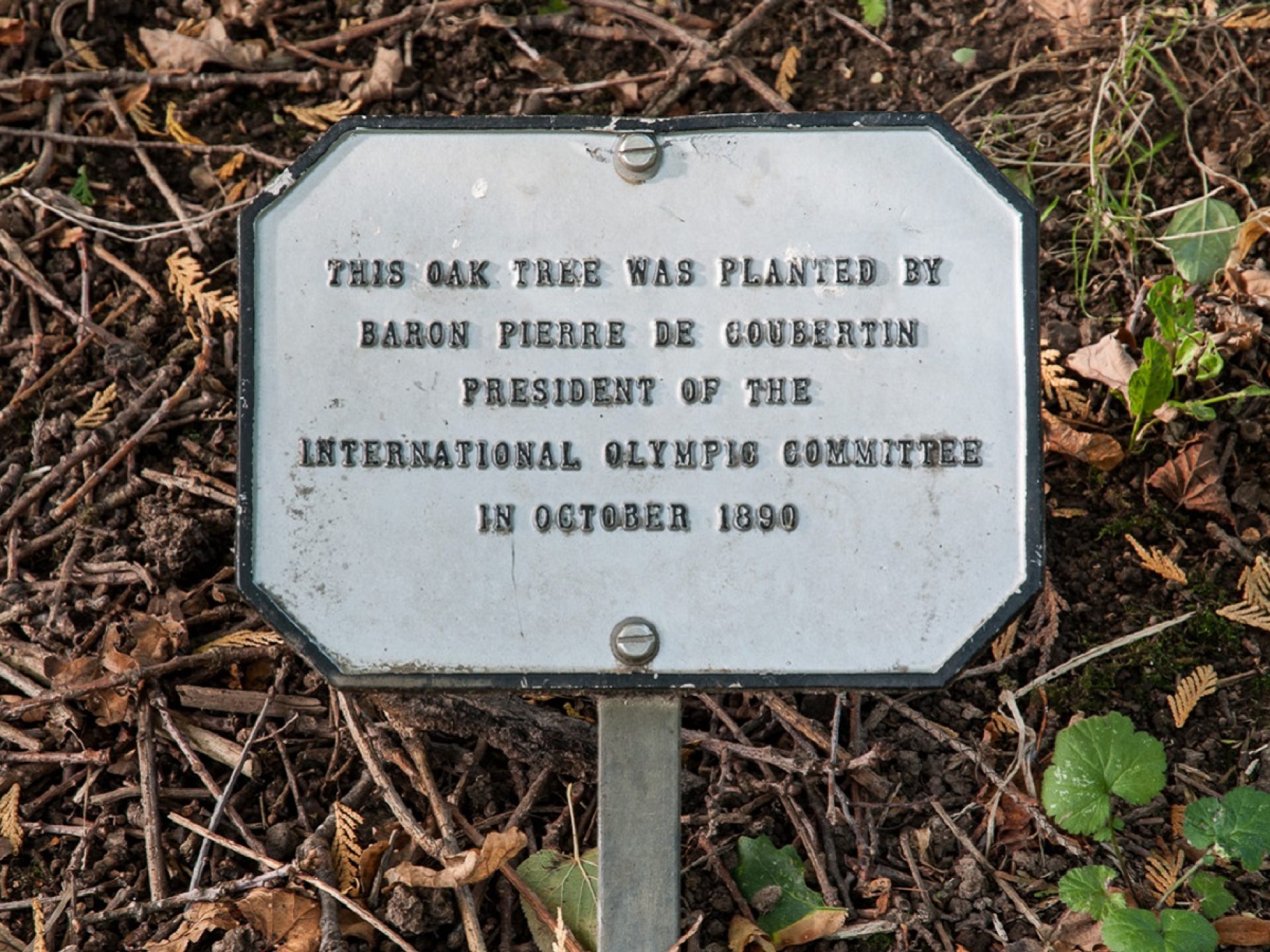August 12, 2017
Much Wenlock: The Small English Town Behind the Modern Olympic Games

Before it inspired a London 2012 official mascot, Much Wenlock may have inspired the whole modern Olympic Movement. Populous Senior Principal Tom Jones attended this annual event to find out more.
Growing up in Shropshire, on the border between England and Wales, I had very little idea that the revival of the modern Olympic Games was heavily influenced by a small market town just 20 miles from my home.
Much Wenlock is a small town of around 3,000 people, but it was here in 1850 that Dr William Penny Brookes helped to launch the Wenlock Olympian Games, which would in turn go on to inspire the founder of the Modern Olympics, French educator Baron Pierre de Coubertin.
So in July this year I attended the 131st Wenlock Olympic Games, accompanied by Professor Geraint John, our Senior Advisor at Populous, who has a particular interest in the history of the Olympic Games, following his receipt of the Coubertin award in 2014 for outstanding service to the Olympic Movement. Geraint had been invited by the Wenlock Olympian Society to present some of the medals at this year’s event.
The Games are held at the sporting facilities attached to the William Brookes School and include events in the pool, hall, and track and fields around the site. The School is named after Brookes, an eminent surgeon and social reformer, who campaigned relentlessly to give opportunities for “every grade of man” to expand their knowledge and become mentally and physically fit. Brookes conducted his research at the school into the positive effects of physical education on students and this drove his lifelong ambition of having school sport incorporated as a mandatory part of the national education curriculum – something which he saw realised just before his death in 1895.
Brookes had helped to set up “The Olympian Class” in Much Wenlock in 1850 and encouraged everyone in the area to attend, awarding annual prizes at public meetings for “skill in Athletic exercise and proficiency in Intellectual and industrial attainments”.
In 1890, as Coubertin was garnering support for a revival of the International Olympic Games, Brookes invited him to visit Much Wenlock to discuss their similar ambitions and organized a meeting of the Wenlock Olympian Games. Inspired, Coubertin wrote, “If the Olympic Games that Modern Greece has not yet been able to revive still survives there today, it is due, not to a Greek, but to Dr W P Brookes”.
Coubertin would go on to establish the International Olympic Committee in 1894, prior to the running of the first modern Olympic Games in Athens in 1896, just 4 months after the death of Brookes. His visit to Much Wenlock is marked by a giant oak tree alongside the school fields, planted during his time in Shropshire, which legend has it Coubertin poured a bottle of champagne over as a sapling. Visitors now regularly come from all over the world to this place, to honour the beginning of the Olympic dream. Fittingly Coubertin’s oak tree, now well over 125 years old, now forms a permanent and special link between the English doctor with such great foresight, and the Modern Olympic Games.
After presenting medals at the Wenlock Olympian Games this year, Professor John said that it was a very humbling experience.
“It was wonderful to be a part of a process where dedicated volunteers continue the tradition of encouraging and celebrating sport for all, and to visit the place where Baron de Coubertin made his historic visit” he said.
Lorem ipsum dolor sit amet consectetur, adipisicing elit. Non facere corporis et expedita sit nam amet aut necessitatibus at dolore enim quis impedit eius libero, harum tempore laboriosam dolor cumque.
Lorem, ipsum dolor sit amet consectetur adipisicing elit. Illo temporibus vero veritatis eveniet, placeat dolorem sunt at provident tenetur omnis, dicta exercitationem. Expedita quod aspernatur molestias eum? Totam, incidunt quos.
